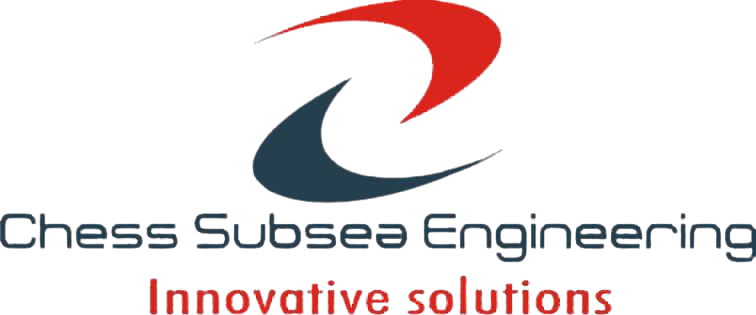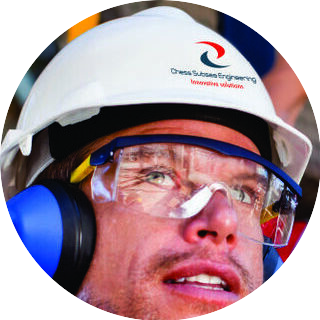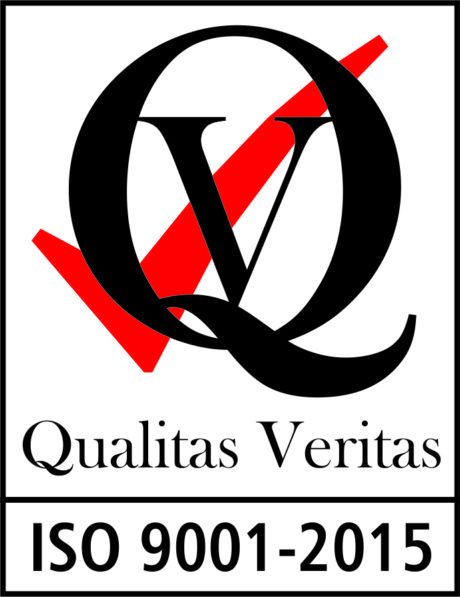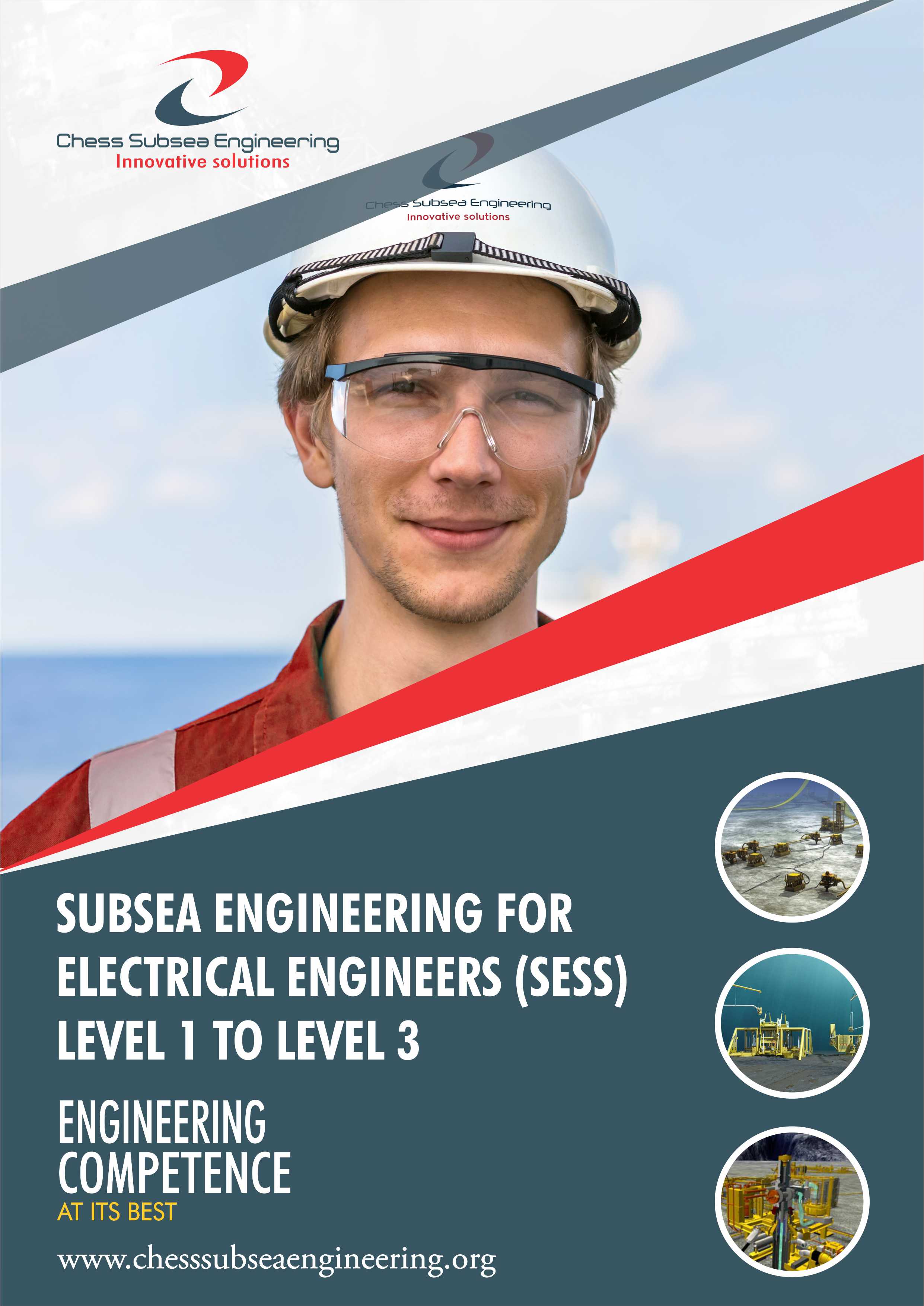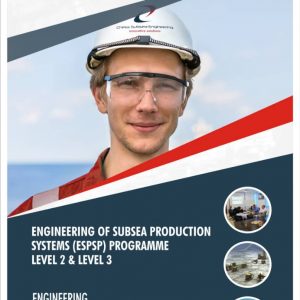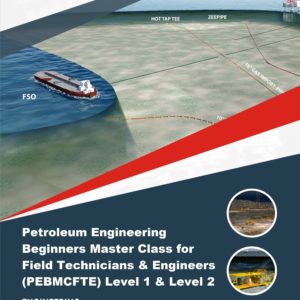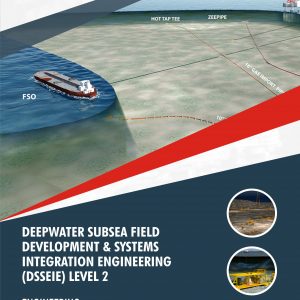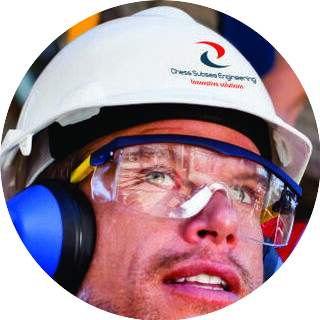Description
The Subsea Engineering for Electrical Engineers (SESS) Level 1 to Level 3 course is a comprehensive training program specifically designed to equip electrical engineers with specialized knowledge and skills related to subsea engineering.
The course covers a wide range of topics, including subsea power distribution, electrical system design for subsea installations, subsea control systems, subsea cables, and electrical equipment selection and installation.
Participants gain an understanding of the unique challenges and considerations associated with electrical engineering in subsea environments, such as high-pressure and corrosive conditions, long cable lengths, and remote operation requirements.
The training program includes theoretical instruction, practical exercises, and case studies to provide participants with hands-on experience in designing, analyzing, and troubleshooting electrical systems for subsea applications.
The SESS course is typically structured into different levels, with each level building upon the knowledge and skills acquired in the previous level, allowing participants to progress from foundational concepts to more advanced techniques and applications in subsea engineering.
Subsea Engineering for Electrical Engineers (SESS) Level 1 to Level 3 covers SUbsea Production Systems, Multiplexed Electro-Hydraulic Control System, Subsea Control Module (SCM), Electric Submersible Pump (ESP), Subsea Electric Connectors, Electric Flying Leads (EFL), Construction & Installation, Subsea Distribution Unit (SDU), Subsea Power Supply, Subsea Power Grid, Electric Power System, Design Codes, Standards, Specifications & Load Calculations, Master Control Station (MCS), Topside Umbilical Termination Assembly (TUTA), Electric Power Unit (EPU), Subsea Power and Communication Unit (SPCU), Topside & Subsea Uninterruptible Power Supply (UPS), All Electric Subsea Control System and more.
SESS Level 1 to Level 3 is designed to provide detailed knowledge of Subsea Engineering for Electrical Engineers and will assist those who are switching or enhancing there career in deep and ultra deepwaters subsea engineering.
Course Outlines
Subsea Production Systems
Multiplex Electro Hydraulic Control System
Subsea Control Modules (SCM)
Electric Submersible Pump (ESP)
Subsea Electrical Connectors
Subsea Flying Leads (EFL), Construction & Installation
Subsea Electrical Power Distribution
Subsea Distribution Unit (SDU)
Subsea Power Supply
Subsea Power Grid
Electrical Power System, Design Codes, Standards and Specifications
Electrical Load Calculation
Master Control Station (MCS)
Topside Umbilical Termination Assembly (TUTA)
Electrical Power Unit (EPU)
Subsea Power & Communication Unit (SPCU)
Topside UPS
Subsea UPS
All Electric Subsea Control System
Technical Workshop
Subsea Tree P&ID Architecture
Subsea Manifold & Flowline P&ID Architecture
Subsea ESP systems P&ID Architecture
Subsea ESP Pump Performance Efficiency
Electrical & Hydraulic Distribution in Subsea Production Systems (SPS)
Power Supply from Onshore to Subsea Architecture
Subsea Power Grid Architecture
Load Schedule for Electro-Hydraulic Production System Configuration
Load Schedule for All-Electric Production System Configuration
EPU Electrical Schematic
Power Supply from UPS Configuration
Technical Support References
Ref 1: Subsea Control Systems Architecture
Ref 2: Subsea Systems Electrical Power Transmission
Ref 3: Subsea Systems Electrical Insulation and Corrosion Protection
Ref 4: Subsea Systems Communication Systems
Ref 5: Subsea Electrical Systems Testing
Ref 6: Subsea Systems Instrumentation and Monitoring
Ref 7: Subsea Electrical Systems Inspection
Ref 8: Subsea Electrical Systems Maintenance and Repair
Ref 9: Subsea Electrical Systems JSA with Case Study
Assessment
Participant underpinning knowledge of Subsea Engineering for Electrical Engineers will be accessed with short answer multiple-choice questionnaire at the conclusion of the course.
Outcome
Participants will gain an in debt understanding of Subsea Engineering for Electrical Engineers.They will also be able to function with minimum supervision as Subsea Control Systems Engineer for IOCs, subsea pipeline company contractor, vendor or installation company.
Professional Certificate
Issued directly by Chess Subsea Engineering Europe.
Participant may be presented for Offshore Petroleum Training Organization (OPITO) Certification.
How to Register
Click here to download registeration booklet on msword and email completed booklet to info@chesssubseaengineering.org directly.
